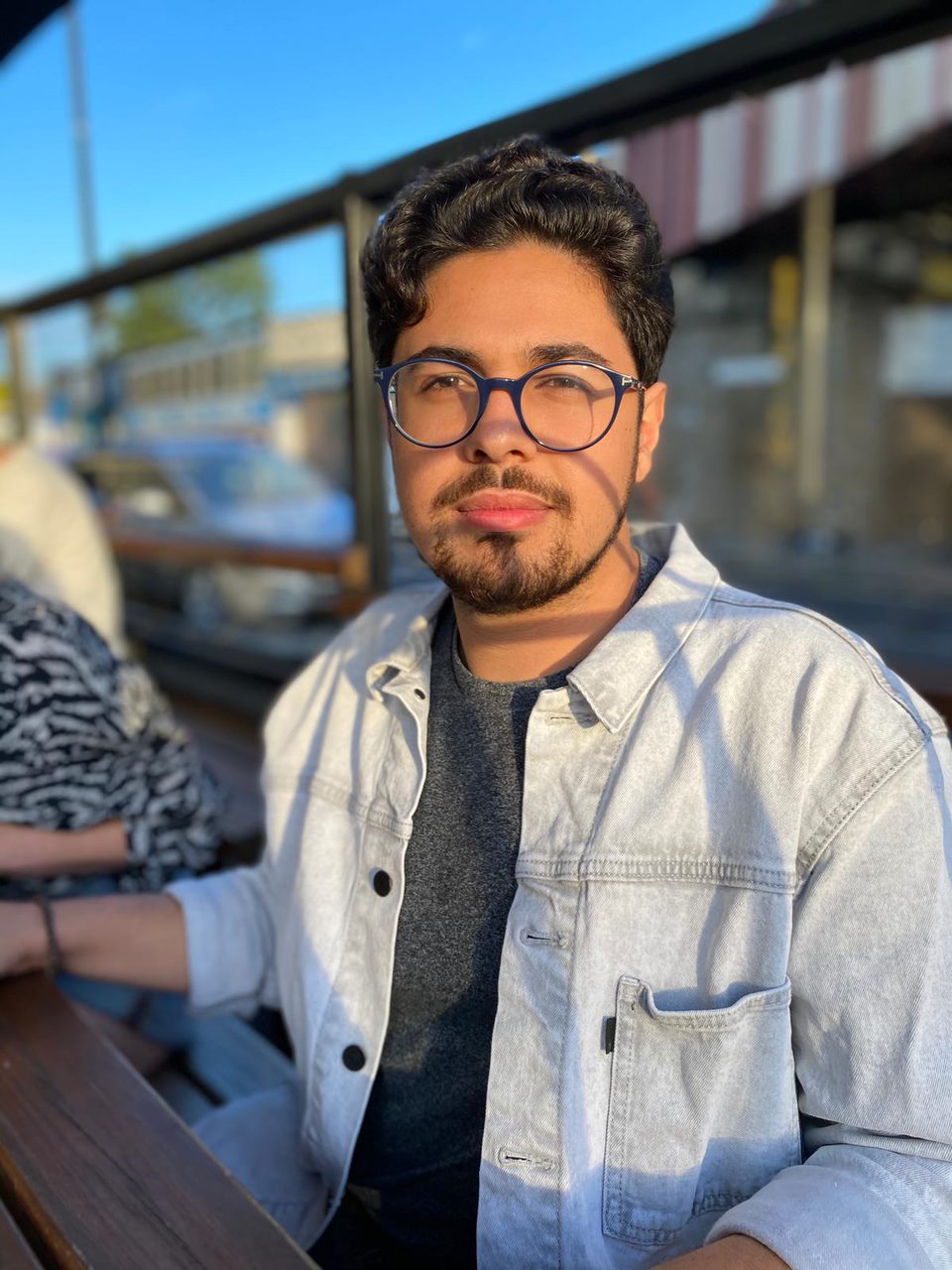
There is a role for everyone within Ultra in creating successful teams that combine as many different strengths, ideas and perspectives as possible, our Uniquely Ultra champions help us create a place where diverse talent thrives and we're not afraid to talk about difficult issues.
Here we talk to Muhammad about his experiences during his career:
In the workplace context, being 'diverse' can seem to involve the attribution of certain labels. How do you feel about that and do you think of yourself as 'diverse'?
I’m torn on this! On the one hand my diversity is part of who I am, and I like that I am ‘different’. We’re all unique. The flipside is that to label someone as diverse is to signify them as different, and when it becomes a tokenised buzzword it fails to be inclusive. We have to make sure we’re truly inclusive rather than being politically correct.
It’s also one thing being diverse and then another thing being inclusive of these diverse groups; inclusivity and inclusion is about the culture and behaviour in the workplace. I don’t know how we implement this and get to the final product, but I think it’s about recognising others’ difference while celebrating what makes them unique to maximise their potential.
Please tell me about your career to date. Did you always want to do what you're doing/work in the sector you're working? What is your current role and how did you end up on this path?
I moved to the UK for university in 2013. (I was at Birmingham and went to Villa Park for my first ever Premier League game!) I joined Ultra after graduation.
My degree was in chemical engineering and my plan was to pursue that, but it’s very difficult for an international student to get a work visa: you have to prove you can do something a UK citizen can’t and also find a company to sponsor you. A lot of small companies and start-ups can’t do that and I don’t blame them!
Ultra happened to need an Arabic-speaking marketing exec with a technical background. It was only supposed to be a temporary role – just a year – but there’s been a lot of change and a lot of new opportunities at Ultra, and I grabbed them. Technically my job title hasn’t changed but I am actually now in the strategy team. I’m a market intelligence manager and I also get involved with our mergers and acquisitions work, as well as the strategy work we do in head office.
Most of my friends who were international students have gone back home now. If it wasn’t for Ultra, I wouldn’t be in the UK.
What do you bring to your work and to your team? How do you think your diversity has affected the way you work?
I grew up in Dubai and had friends from all over the world, all with different views on life. I’m also what they call a ‘third culture kid’. My father is Kenyan and my mother Egyptian. I was born and raised in the UAE, and then spent my last 7 years in the UK. My background and upbringing mean I’m very adaptable to different situations and I believe I understand people well. I humbly think I can find a way to get along with others really well.
I also bring a different way of thinking. I didn't have the normal British upbringing. I experienced things differently to others I work with.
I try to act from my morals and beliefs – hard work, integrity, honesty, transparency. A lot of that comes from my background and my religious beliefs. I’m sure a lot of other people have those kinds of values too.
What does inclusion mean to you? What might enhance Ultra's inclusivity and what benefits would enhancing it bring?
A lot of work has been done that shows how a diverse and inclusive workforce can increase productivity in different ways, and that’s important, but even more important is that people are treated well, that's what we're aiming for at Ultra. It shouldn’t be difficult for someone to be themselves. It’s about holding people up with you. Life is bigger than work.
It’s all about the people and their mindsets. You can’t force people to be inclusive. You’re always going to get that bias and discrimination unless people want to change. If you have people around who don’t want to be inclusive, maybe you can show them why it’s a good thing. But if Ultra is inclusive, then it’ll be a sustainable place to work: people will stick around.
Ultra is moving in the right direction. People are talking about things that they never would have talked about in the past. Even the fact that there’s a diversity and inclusion committee at Ultra now. Ultra spending time and resource to address this is really impressive. It’s good to see that people are being valued.
But the whole of society still has a long way to go. I worry that people are doing it to be politically correct and because that’s the way the world is moving. Whenever there’s anything mildly controversial there are some horrible comments online. Some people actively have this intense hatred towards people who are not like them. But as people – especially young people – become inclusive, society will change and with companies like Ultra talking more about these issues we are are definitely going in the right direction.